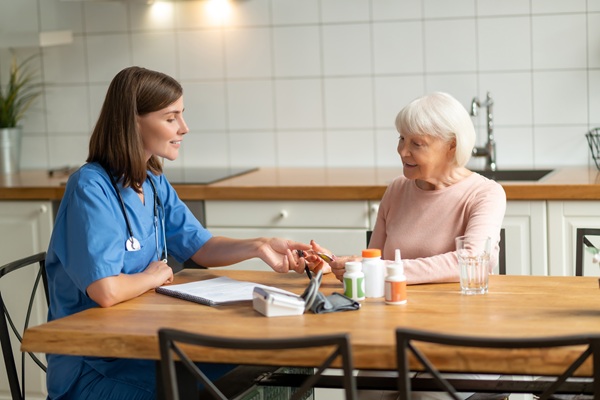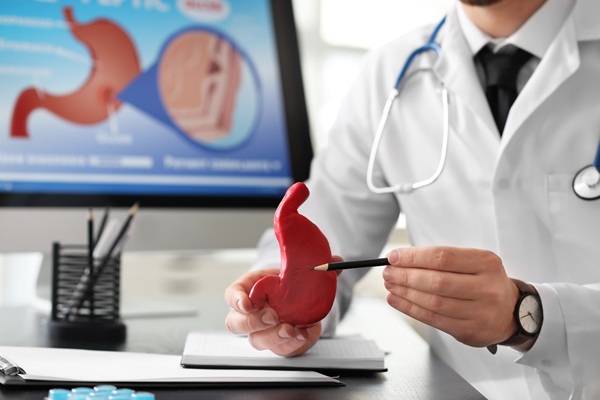Cancer Prevention FAQs

Are you wondering of ways to prevent cancer?
It seems so prevalent today that many people are doing their best to minimize exposure to carcinogens and other suspected causes of cancer.
There is ongoing research that can help people understand the different types of cancers and their causes.
According to Harvard Health, about one in every three Americans will develop some form of cancer during their lifetime.
About cancer prevention
An overall healthy lifestyle that includes making healthy food choices and exercising on a regular basis helps to prevent cancer. However, some cancers seem to be unavoidable. No matter how healthy you live, they seem to appear out of thin air. That said, there are still ways to prevent cancer as well as diagnose a possible issue before it becomes serious.
Cancer prevention FAQs
There is a great deal of information online regarding the causes of cancer and how to prevent it. However, not all of it is accurate.
The following is a list of some of the most frequently asked questions people have about cancer prevention.
1. What foods can prevent cancer?
Choosing healthy foods to eat can help prevent someone from being diagnosed with cancer. This includes items like broccoli, spinach, oranges, blueberries, dark leafy greens and legumes. It would help if you also considered avoiding items that are linked to cancer such as alcohol and certain processed meats that contain nitrates.
2. Is all cancer preventable?
Preventable cancers make up about 95 percent of all cancer diagnoses. They can be prevented through the lifestyle choices one makes. The other 5 percent of cancer diagnoses are believed to be from inherited traits.
3. Are there screening tests for cancer?
There are screening tests available that can find certain cancers early. This includes breast cancer, cervical cancer, colon cancer lung cancer. Early diagnosis is one of the best ways of beating this disease.
4. Can someone’s job increase their risk of getting cancer?
It is possible for you to be diagnosed with cancer due to exposure to certain types of carcinogens. Often, these may be existing in your workplace. Many people work around asbestos, chemicals gas fumes that lead to all forms of cancers.
5. What are the main causes of cancer?
Some of the main causes of cancer include smoking, obesity, and hormones. Moreover, exposure to carcinogens and viruses, such as HIV, can increase your risk of cancer. Sunlight is also a primary cause of skin cancers.
Can we answer any questions you have about cancer?
As we stated earlier, cancer will affect one in three Americans. It is perfectly reasonable to have some questions about cancer prevention. Mention them to your doctor during your next check-up to see if you may be at risk of developing this disease.
If you do not have a primary doctor, call our office to speak with our friendly staff. We can provide more information to relieve your concerns as well as schedule several cancer screening tests.
Request an appointment here: https://lindenbergcancer.com or call Lindenberg Cancer & Hematology Center at (856) 475-0876 for an appointment in our Marlton office.
Check out what others are saying about our services on Yelp: Read our Yelp reviews.
Recent Posts
Gynecological cancer treatments target cancers that affect the female reproductive organs, such as ovarian, uterine, cervical, vaginal, and vulvar cancers. Fortunately, there have been significant medical advances in cancer treatment that have greatly improved patient outcomes, allowing oncologists to adjust therapies to fit each patient's needs and overall health. These targeted treatments work better than…
Gastrointestinal cancer treatment is a broad and evolving field focusing on cancers affecting the digestive tract, including the esophagus, stomach, pancreas, liver, small intestine, colon, and rectum. Each area may involve different approaches based on the cancer's stage, location, and specific genetic factors. Oncologists often coordinate with surgeons, radiologists, and other specialists to create a…
Finding a hematologist near me is an important step when facing symptoms that may indicate a blood disorder or a more serious underlying condition. While not every unusual symptom warrants a referral, recognizing certain signs early can lead to more effective treatment and improved outcomes. Knowing when a hematologist’s expertise is necessary can help patients…
Colon cancer treatment often involves a combination of therapies to destroy cancer cells while protecting overall health. Each person’s treatment plan differs and depends on several factors. Though colon cancer treatment can seem complicated and overwhelming, understanding what to expect can help patients feel more at ease and make informed decisions about their health.Before treatment…


